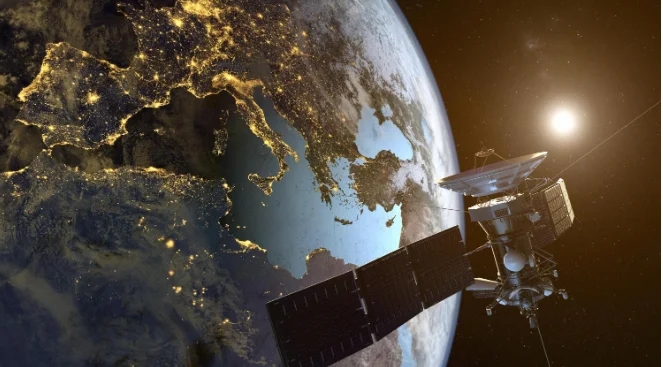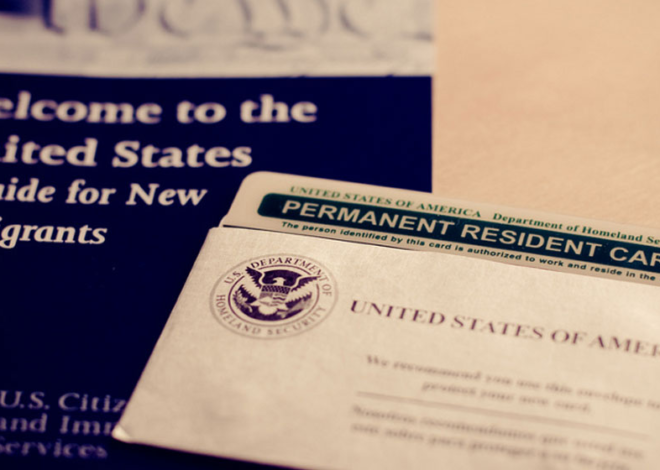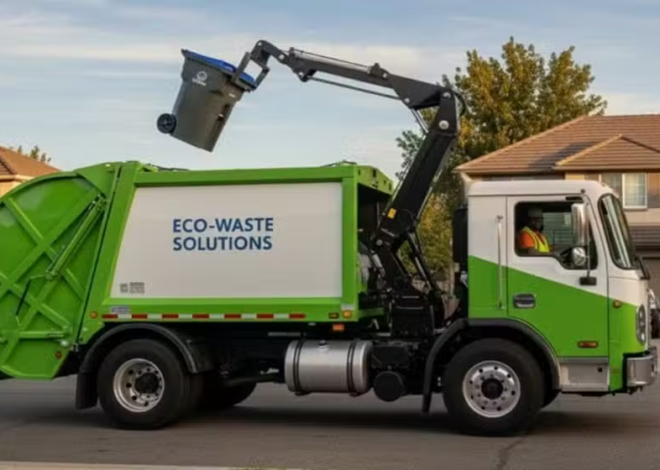
Brazil Takes on Musk’s Starlink in the Latest Satellite Internet Showdown 2024
Elon Musk’s Starlink is facing significant challenges in Brazil as it seeks to expand its satellite internet service. The South American giant, known for its vast and often underserved rural areas, is a key market for Starlink, but regulatory hurdles are threatening to slow down its progress.
Starlink’s Goals in Brazil
Starlink, operated by Musk’s SpaceX, is on a mission to provide high-speed internet to remote and underserved regions around the world. Brazil, with its sprawling rural landscape and limited internet access, is a prime target for this service. Starlink’s satellite-based internet could revolutionize connectivity in these areas, providing reliable and fast internet where it was previously unavailable.
However, the Brazilian government has expressed concerns about Starlink’s operations, citing regulatory and security issues. These concerns have put the brakes on Starlink’s expansion plans in the country, leading to a showdown between the tech giant and Brazilian authorities.
Regulatory Challenges in Brazil
The Brazilian government’s concerns revolve around several key issues. First, there is the question of regulatory compliance. Brazil has stringent telecommunications laws, and there are worries that Starlink’s satellite network could interfere with existing services. Additionally, the government is concerned about the potential security risks of allowing a foreign company to control such a crucial part of the country’s communications infrastructure.
These concerns have led to increased scrutiny of Starlink’s operations in Brazil, with regulatory authorities calling for more oversight and control. This has created a challenging environment for Starlink as it tries to navigate the complexities of Brazil’s regulatory landscape.
Why Brazil Matters to Starlink
Brazil is a critical market for Starlink due to its size and the potential impact of satellite internet on the country’s digital landscape. With millions of Brazilians still lacking reliable internet access, Starlink’s service could be a game-changer. Successfully entering the Brazilian market could also serve as a gateway to other Latin American countries, further expanding Starlink’s reach.
However, the regulatory challenges in Brazil highlight the difficulties that Starlink may face as it seeks to expand into other countries. Each market presents its own unique set of challenges, and navigating these will be key to Starlink’s global success.
The Future of Satellite Internet in Brazil
The battle between Starlink and the Brazilian government is part of a broader trend in the satellite internet industry. As more companies enter the market, competition is heating up, and governments are becoming more involved in regulating this new technology. The outcome of this showdown could have significant implications for the future of satellite internet in Brazil and beyond.
For Starlink, overcoming these challenges will be crucial to its long-term success. If it can successfully navigate Brazil’s regulatory landscape, it could set a precedent for other markets and solidify its position as a leader in the satellite internet industry.
However, if the regulatory hurdles prove too high, it could slow down Starlink’s expansion and give competitors a chance to catch up. The outcome of this battle will be closely watched by industry insiders and could shape the future of global internet access.







